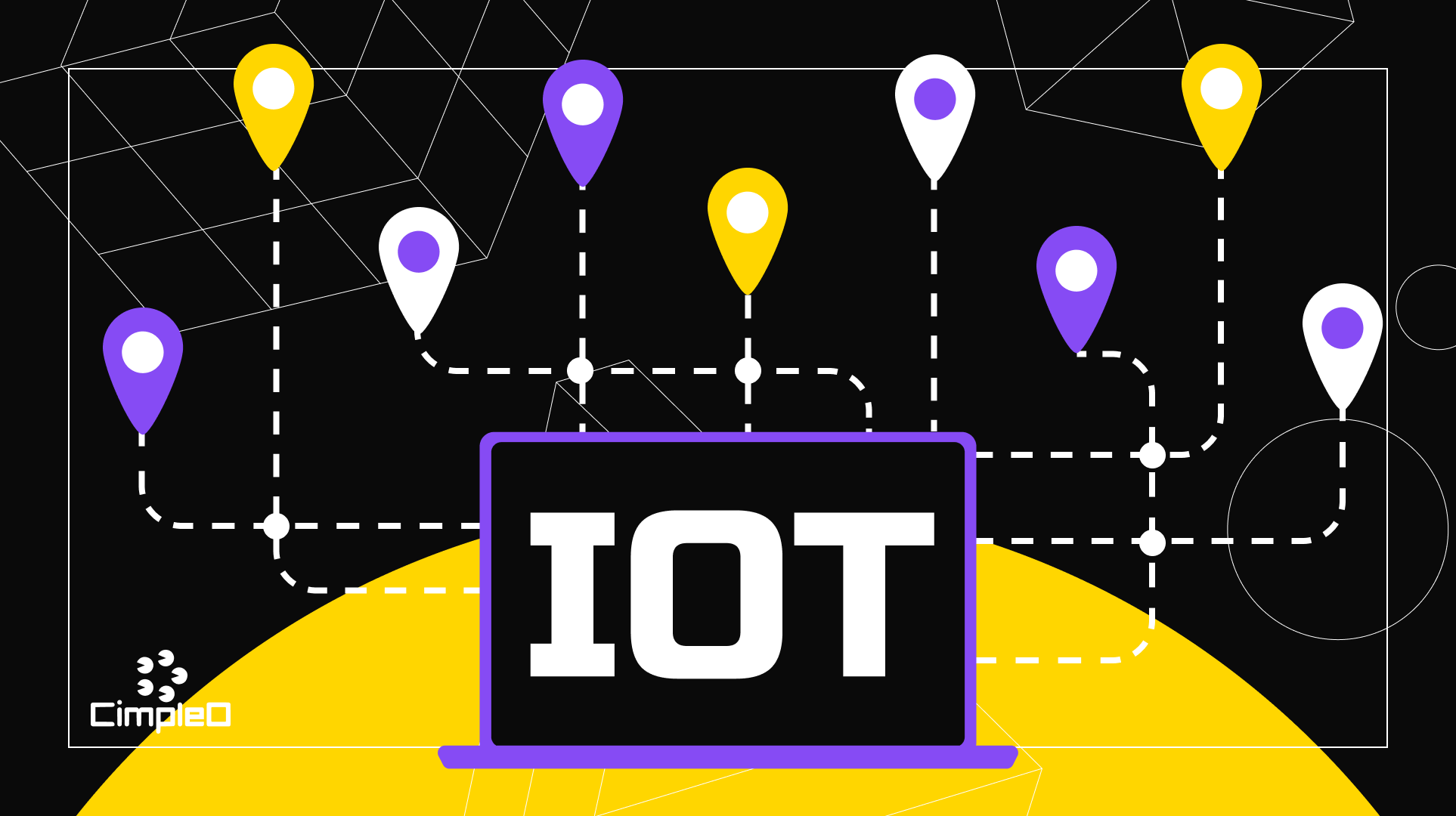IoT has long been associated with the concept of “smart home”, it is understandable because the most popular products in this market are all kinds of smart kettles, light bulbs, cameras and everything else that is understandable to any person and can be useful in everyday life.
But smart devices are also extremely important in optimizing congested processes, especially supply chains. These technologies are used to deliver all types of goods to the customer more efficiently and safely.

We will look at three main ways IoT solutions are improving supply chain logistics and why this is important now and will be even more important in the future. Some of the problems associated with the use of IoT technologies in logistics will also be considered.
Storage and Manufacturing
One of the key uses of IoT technology is in the production and storage of goods in preparation for shipment. Now more than ever, the manufacturing process must be streamlined and free of unnecessary repair costs and inefficient processes.
Sensors used in IoT devices collect and transmit key data, the analysis of which provides insight into how manufacturing and warehousing operations can be improved, as well as how best to store perishable goods with the greatest efficiency.
These technologies can be used to automate an alert system that informs customers about the products available to them, and the sellers about delays in work due to, for example, equipment breakdown. In addition, the sensors can track the weight of the shelves to promptly notify which items are selling faster and when they need to be refilled.
Logistics
Nobody likes delayed or delayed deliveries. That is why IoT technologies are used to improve the entire logistics system for the supply of goods, making this process safer and faster. The sensors are capable of informing sellers, manufacturers and intermediaries in real-time about the location of the sea transport fleets, their speed and the condition of the goods they are transporting.
Sensors can also provide information on supply routes, which allows purchasing and logistics managers to know exactly where and when delays occur. All this will allow us to optimize the process of delivery of goods since the manager now has all the necessary information for more competent planning.
Data analysis
Another equally important area in which IoT technologies are helping logistics is data analysis. From ordering parts from the factory to handling product recalls or returns, that data is processed using IoT technologies, carefully analyzed and passed on to those who make or manage operations.
This data is vital because it can be used to customize each of the elements of the supply chain, ultimately creating a better and smarter system that will increase your ROI.
Problems of the Internet of Things in supply chains
Despite the undeniable advantages, any IoT technology is fraught with several problems.
The first problem is that it is not always easy to train employees to quickly master new systems, especially those that use automation and artificial intelligence. It so happens that employees are not used to using smart devices and tools to record information from them. And getting them to do it consistently is another task.
The second issue is security. The topic of data security in the use of smart devices has become one of the main topics of discussion in this area. And the fears are not unfounded - it is not easy to protect data that is in the cloud and comes in huge volumes from sources located in different geographic locations.
The last problem is connectivity. This problem is partly solved by 5G networks, but this is still not enough. Connected systems require high bandwidth to function properly, especially when it comes to communication between sensors and devices hundreds of miles apart.
Conclusion
Delivering goods safely and efficiently is key, and IoT technology is doing its best to keep things running as smoothly as possible. It now makes sense for manufacturers, brands and retailers to invest in smart technology because investing in this secure ecosystem will definitely save time and money in the future.